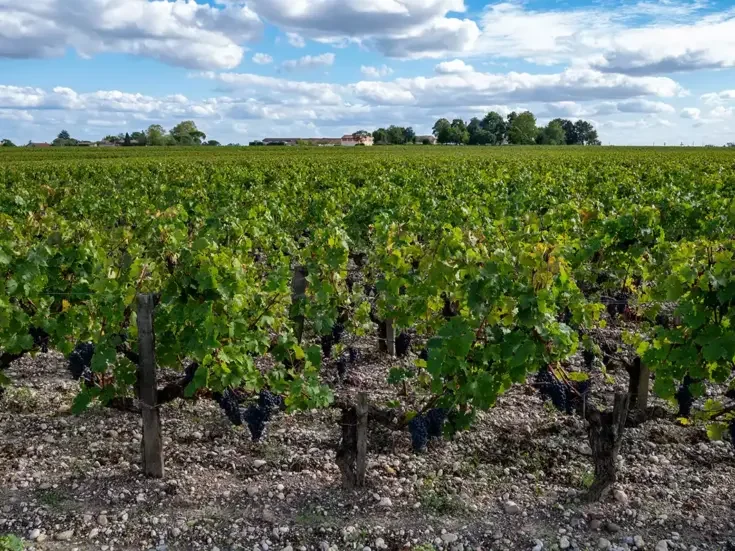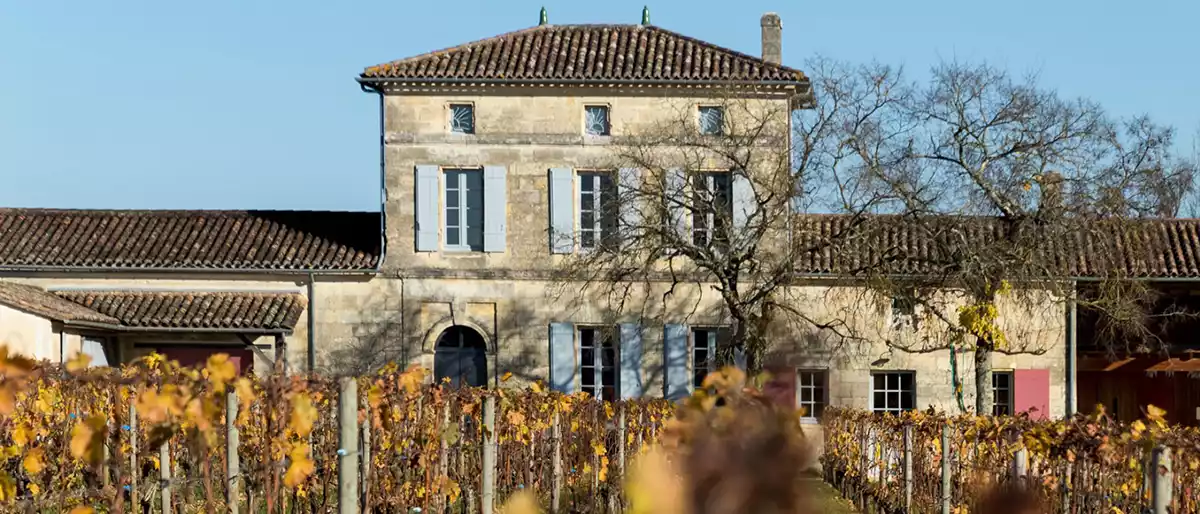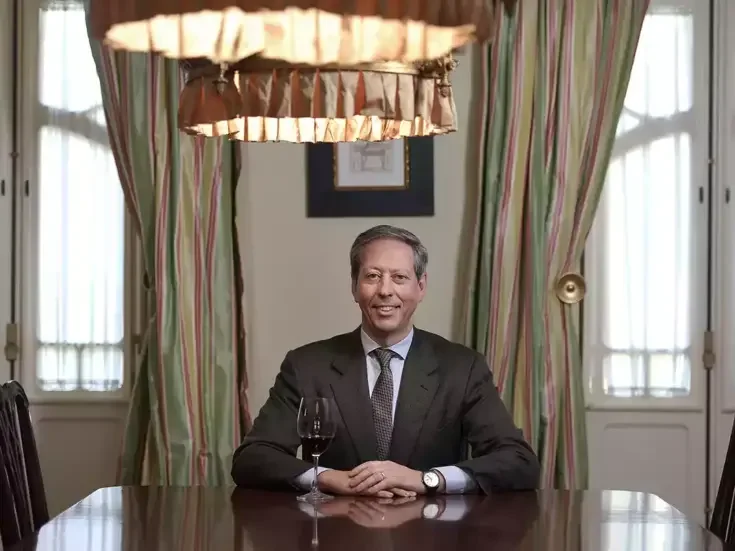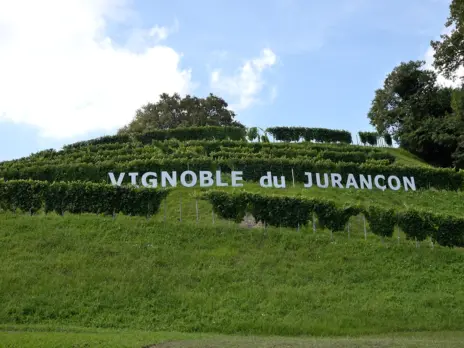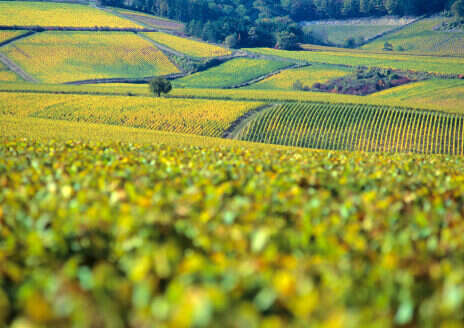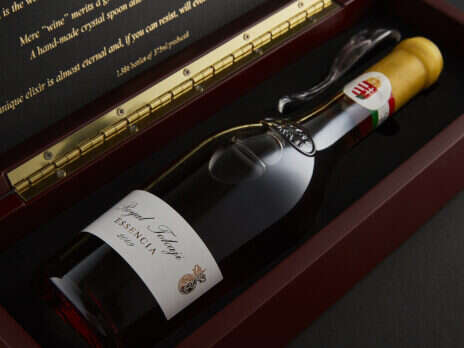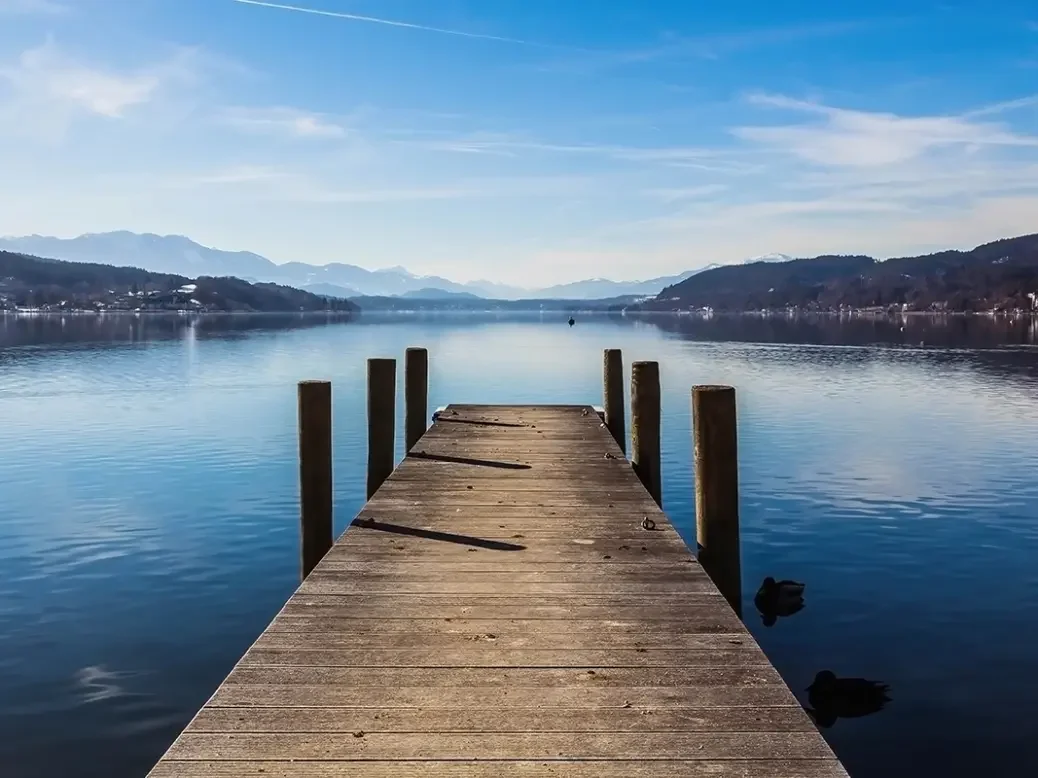
A week of abstinence from wine at an austere Austrian retreat leads Harry Eyres to reflect on his wine consumption, and strengthens his resolve to change his drinking ways.
In one of his penetrating essays on music, the pianist and conductor Daniel Barenboim comments on the relationship between sound and silence: “In the beginning there was silence. And out of the silence came the sound.” Music makes no sense without what is in one sense its opposite, silence—though at a deeper level, music turns out to be interpenetrated with silence. “The whole Prelude to Tristan and Isolde,” Barenboim goes on, “is built on the use of silence as a means of expression.” Silence comes not just at the beginning and at the end, but in the middle.
These thoughts came to my mind after a week of abstinence from wine—spent, as it happened, by the shores of an Austrian lake where Mahler composed his Symphony No.7. This, I have to admit, was a rather unusual experience for me; I am not quite in the league of my former boss Michael Broadbent MW, who claimed he could not remember having a meal unaccompanied by at least a glass of wine (he lived to be 92), but my consumption of wine is rather regular and almost certainly exceeds the limits advised by the NHS in England. However, abstaining proved to be not too difficult—I wouldn’t say I even got to the point of missing wine—and at the same time thought-provoking.
Abstinence and habit
Anything that becomes a thoughtless habit needs questioning. Even more so, anything that begins to resemble an addiction. At the somewhat austere establishment on the Wörthersee, mobile phones were banned from mealtimes, an ordinance that should be applied more generally (including in my own home). Even so, some seemed unable to relinquish the habit of endlessly checking, clicking, and scrolling.
I’m pretty sure that my consumption of wine rose quite considerably during the pandemic. There is no doubt that mail-order wine merchants in Britain enjoyed a boom at that time. At the end of those strange locked-down days, the prospect of a glass or two of the blushful Hippocrene was especially enticing and consoling. I’m not talking about the kind of exquisite vintages often discussed in these pages—my cellar possesses very few of those—but about the “house wines” chez moi. Excellent Mâcon from Benjamin and Mallory Talmard, cru Beaujolais from Château Thivin or Rémi Benon in Chénas, “artisan” Bordeaux from the Montagne-St-Emilion—that kind of thing. In other words, not just a slug of alcohol but something satisfying and delicious, evoking its place of origin (at that time tantalizingly out of reach).
All the same, even with such justifications, I realize this became a habit—beyond that, a psychological prop. On the lake in Carinthia, such props were removed. In a reversal of the miracle at Cana, wine was replaced by water. Fortunately, the water of the Wörthersee is both pure (protected apparently by a ring of filters installed in the 1950s) and an exquisite blue-green in color—and the perfect temperature in which to swim.
My regular dips in the pristine water—which never looked or felt quite the same, sometimes almost completely calm, sometimes agitated and ruffled by waves—connected me with something akin to silence: the primordial element out of which all life springs. I didn’t think about wine then. The basic underpinnings of life were at stake, and wine is not one of them.
Drinking more thoughtfully
The stay on the lake, and the abstinence from wine, was never going to be for ever. The time came for departure and for return to a more mixed and polluted world. A part of that world, for me, would inevitably be wine.
Does abstinence make the heart grow fonder? I would put it somewhat differently. In this case, abstinence from wine had been combined with what, in the establishment on the shores of the Wörthersee, is called thoughtful eating. One is encouraged to chew each mouthful 30 or 40 times. (Apparently this was the normal practice of the great British statesman William Ewart Gladstone, which may explain why he was socially less fêted than his great rival Disraeli.) This is not just to encourage savoring of the food but also to aid digestion.
Coming back to wine, in Vienna, I found I appreciated it more thoughtfully. One glass, sipped at a pace somewhere between andante and adagio, seemed to give as much satisfaction as two in my hastier days. The first glass, charmingly provided by our hotel “on the house” on arrival, was nothing grand—a young Riesling from the excellent organic Schwarzböck estate in the Weinviertel—but my goodness, was it satisfying. Gloriously ripe and floral, I noted. The second glass, with lunch next day at our favorite restaurant in the Franziskanerplatz, was even better; it was described simply as a “house white,” but it came from the superlative Bründlmayer estate in the Kamptal and was both delectably aromatic and piercingly fresh.
I realize that sharing my resolution to drink rather less in future may not be music to the ears of my esteemed readers, any more than Laura Catena’s closing address to the recent Masters of Wine Symposium in Wiesbaden was exactly what delegates wanted to hear. But the message from Dr Catena—she is both an eminent clinician and an admired winemaker—was nuanced. Drinking wine in moderation has indubitable cardiovascular benefits, she said; drinking too much unfortunately increases risks of heart attacks, strokes, and cancers. I suppose we all calculate our own risks and make our own choices, but drinking more thoughtfully brings nothing but benefits.
